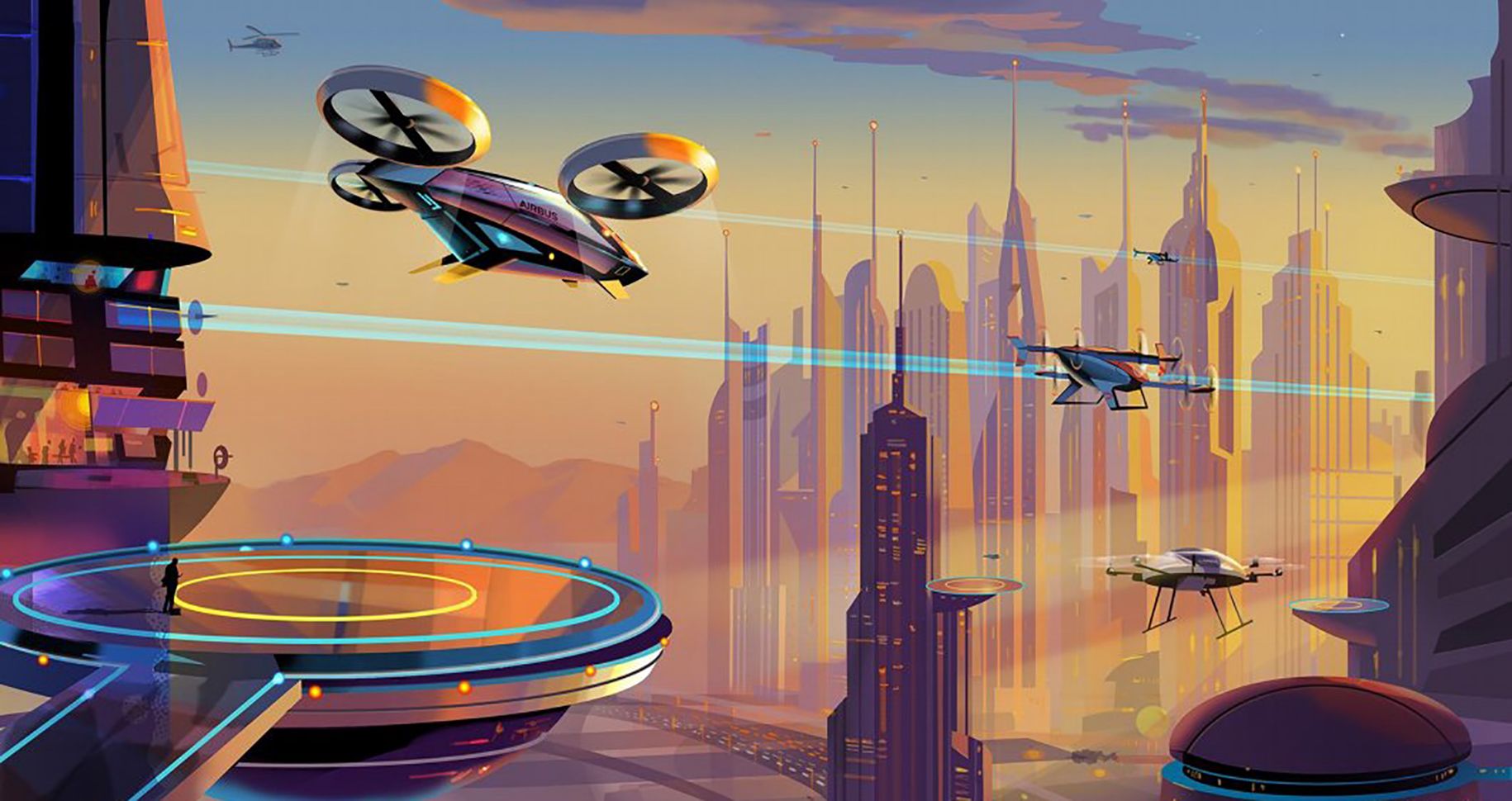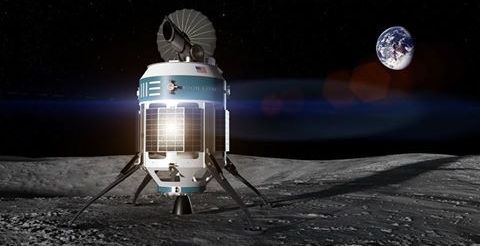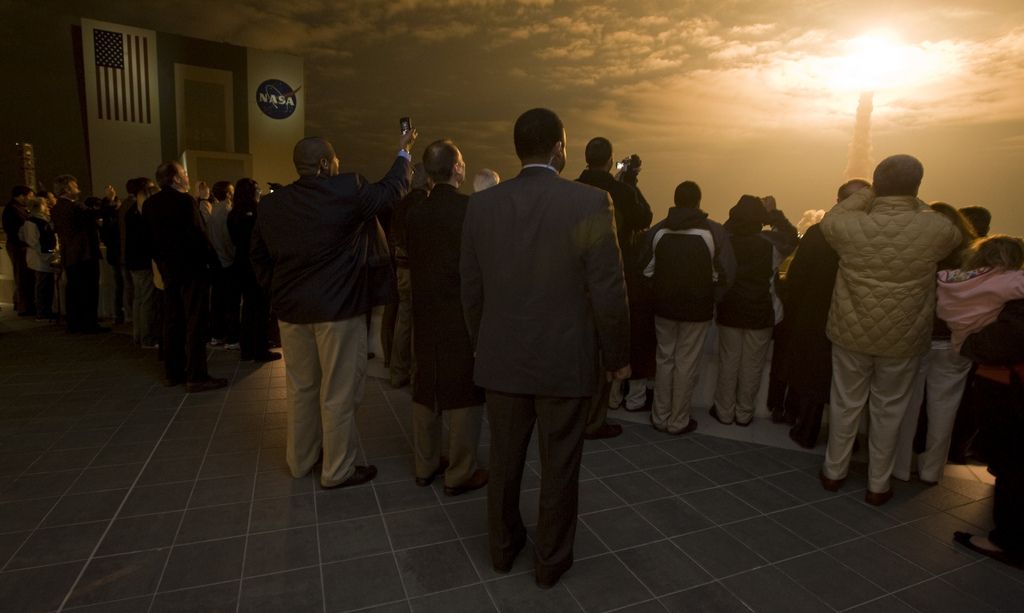Page 9982
Jul 15, 2017
Very small modular nuclear fission reactors for military and space
Posted by Klaus Baldauf in categories: military, space travel
Transportable very small modular nuclear fission reactors for military and other applications.
Jul 15, 2017
Do Avgeeks Dream of Electric Fleets?
Posted by Klaus Baldauf in categories: business, transportation
At a Royal Aeronautical Society lecture in London, Airbus revealed more details about its ambitious plans for Urban Air Mobility. Are we on the cusp of a revolution in air transport? TIM ROBINSON reports.
In 2025, could your Airbus A350-1000 long-haul business flight to Heathrow end with you stepping off the aircraft, going through passport control and instead of getting stuck in road works, underground strikes or overcrowded trains, see you hop inside a comfortable, quiet, electric-powered VTOL aerial taxi which would whisk you in under 20 minutes to a helipad the other side of London? Science fiction right?
What sounds like Blade Runner or even the Jetsons, is only five to seven years away from being a practical reality, according to Mark Cousin, SVP Head of Flight Demonstrators, Airbus CTO at a recent Rotorcraft Group lecture at the Royal Aeronautical Society. “We believe that these vehicles will be technically feasible well before 2025,” he said.
Jul 15, 2017
UK government investing over £100 million in the space industry to ensure the UK remains a world leader in space tech
Posted by Klaus Baldauf in categories: economics, government, space

The UK government has revealed how investing in the space industry will form a key part of its strategy for boosting economic growth.
At the heart of the government’s strategy is a pledge to invest £99 million to create a National Satellite Testing Facility (NSTF) and another £4 million investment for a new National Space Propulsion Facility (NSPF).
Jul 15, 2017
Today we unveiled our exploration architecture & plans for a robotic outpost at the south pole of the Moon by 2020
Posted by Klaus Baldauf in categories: robotics/AI, space
Jul 15, 2017
RCA graduate proposal would see ordinary people driving NASA’s space exploration rovers
Posted by Klaus Baldauf in categories: space travel, virtual reality
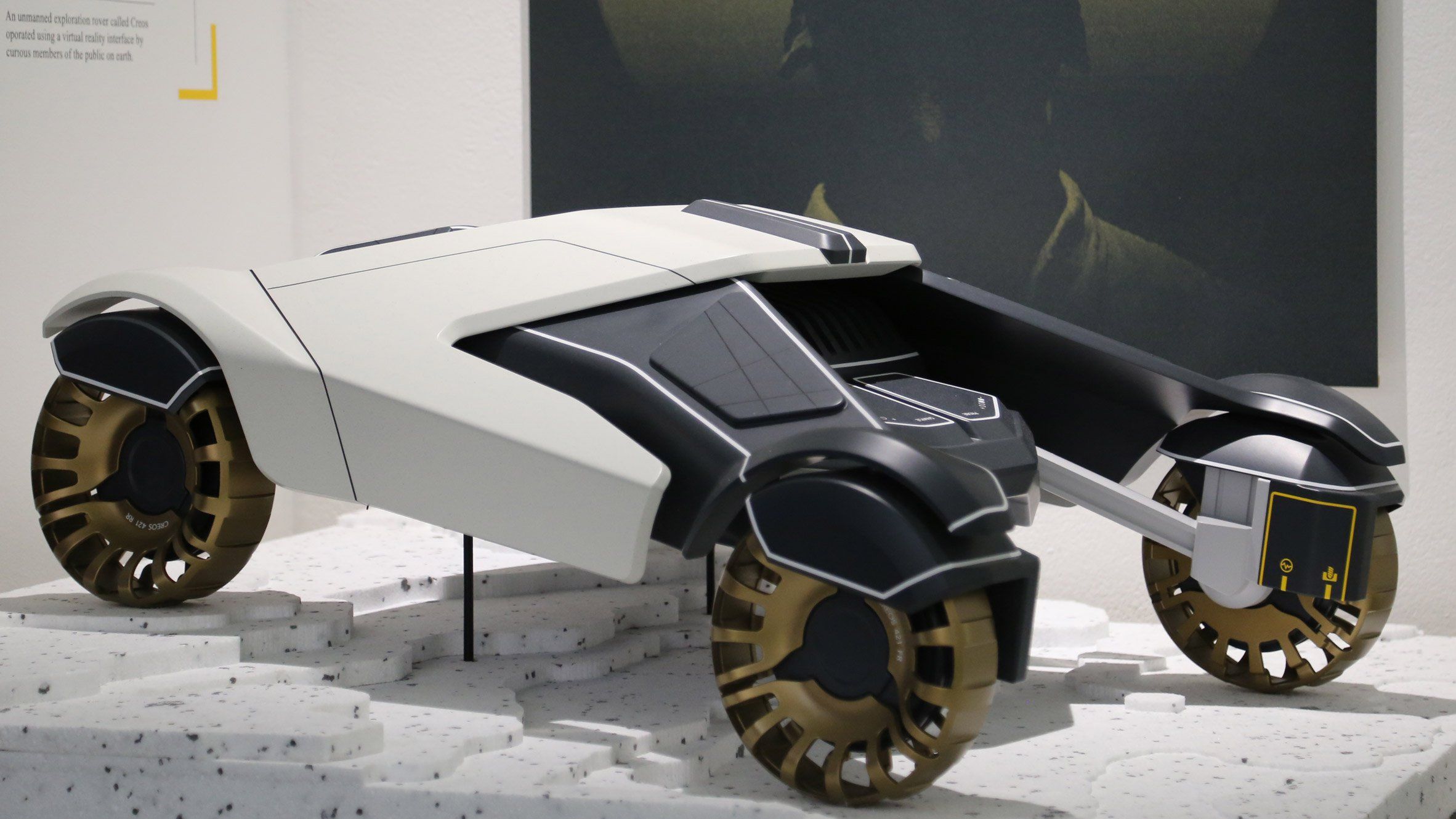
Royal College of Art graduate Brian Black has designed a concept rover and virtual-reality interface that would allow anyone on earth to contribute to space exploration missions.
Black’s vision would see participants driving the rovers over real planets and moons, and collecting samples for analysis, all via a virtual-reality (VR) headset.
Jul 15, 2017
Air Enhanced Nuclear Thermal Rocket
Posted by Klaus Baldauf in categories: government, space travel
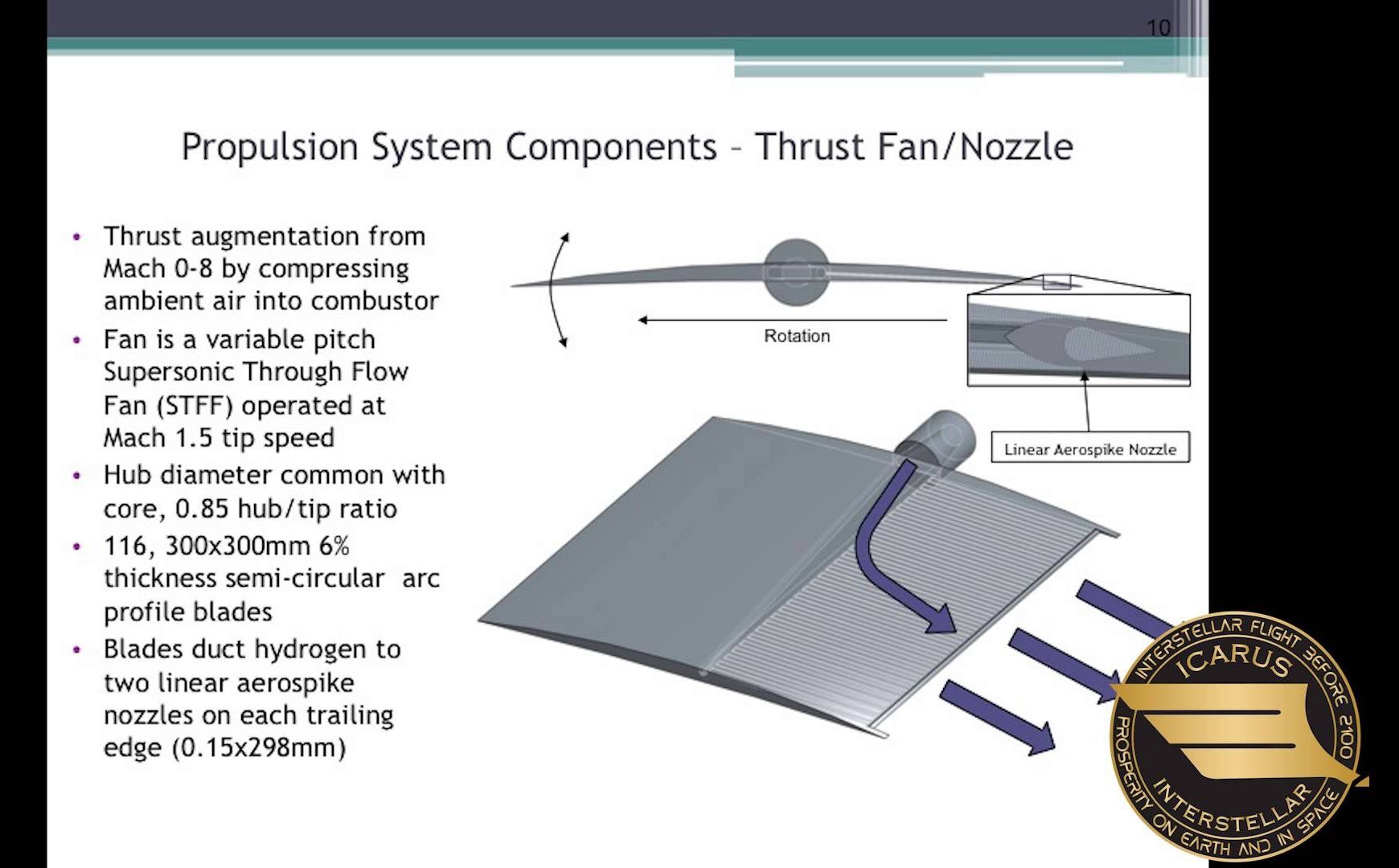
John Bucknell was Senior Propulsion Engineer for the Raptor full-flow staged combustion methalox rocket at SpaceX and is currently the Senior Propulsion Scientist for Divergent3D in Torrance, CA developing additively manufactured vehicle technologies.
Jul 15, 2017
Tri-alpha Energy Fusion achieves first plasma on upgraded 13MW 8 beam fusion device
Posted by Klaus Baldauf in category: particle physics
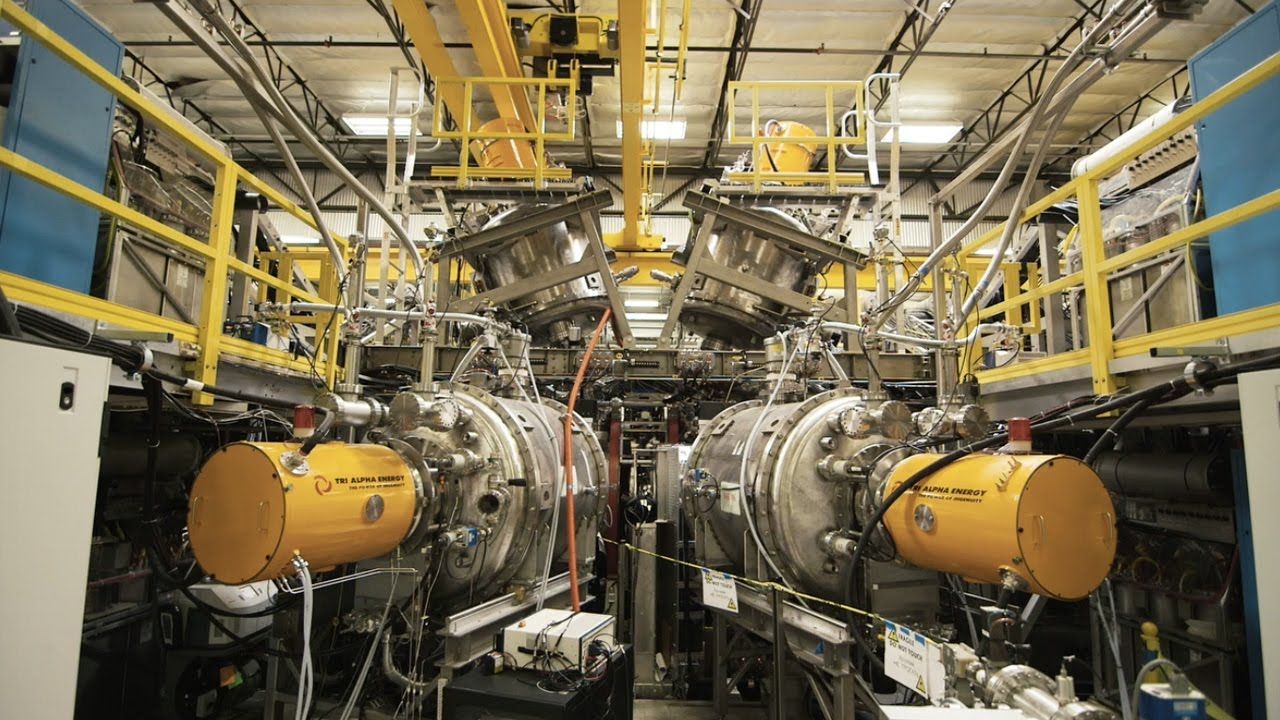
https://youtube.com/watch?v=NbY8KnnCeh4
The $100 million plasma generator, the fifth in a series of devices built over the last 20 years, will continue validation of the company’s underlying technology and enable commercialization efforts toward delivering utility-scale fusion energy. With Norman now operational, the company will continue to move quickly down its developmental path, expanding temperature ranges and sustaining plasma for longer periods towards perfecting the essential operating characteristics required to sustain fusion reactions. Over the coming months, the company will be accelerating Norman’s levels of performance to further validate the fundamental confinement requirements that will ultimately be necessary for commercial operations.
Jul 15, 2017
Space Wars: Why the Air Force and Navy Will Fight For Control of the Space Corps
Posted by Klaus Baldauf in category: space
The creation of the U.S. Space Corps should not be seen as a failure on the part of the Air Force.
Jul 15, 2017
Biosensors could give soldiers superhuman fighting abilities
Posted by Klaus Baldauf in categories: computing, genetics, military, neuroscience

According to the report, the US Air Force, Marine Corps, Navy and other special forces are looking to improve troops’ performance by looking at their bodies at a genetic level (stock)
Earlier this year the AirForce successfully tested a helmet that can monitor brain activity and tell if the pilot is feeling stressed or panicked.
Continue reading “Biosensors could give soldiers superhuman fighting abilities” »


